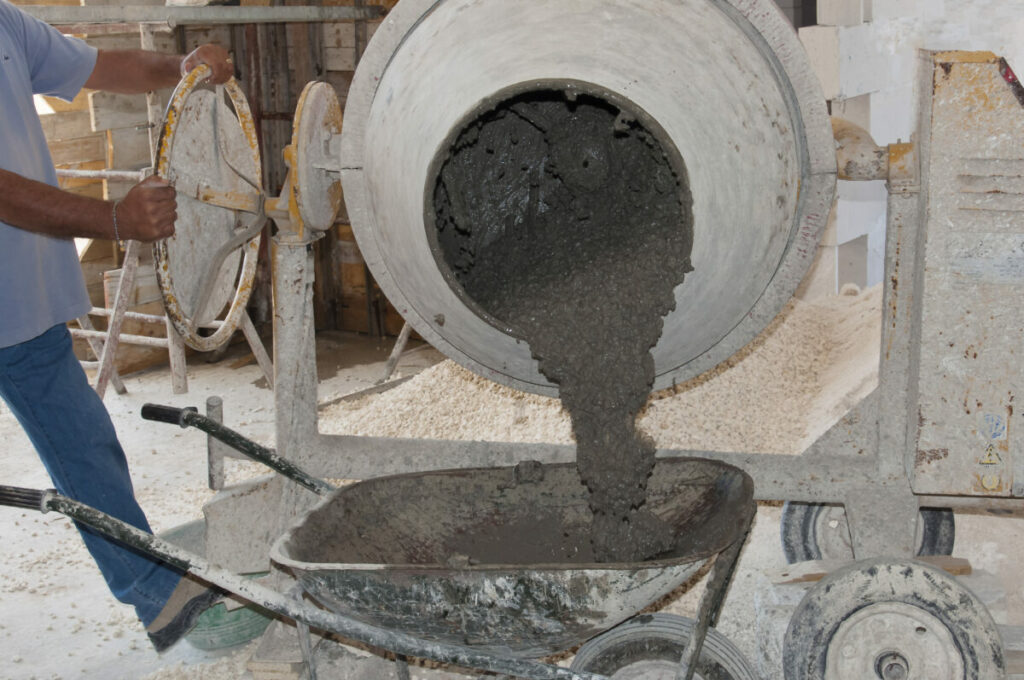McLaren has revealed its latest sustainability successes in its third annual sustainability report, including a 25% reduction in emissions from facilities and fuel usage.
Other highlights include a 16% reduction in emissions per race and becoming the first motorsport team to have its net-zero targets approved by the Science-Based Targets initiative (SBTi).
The sustainability report outlines the company’s efforts across four key pillars, including net zero, circular economy, diversity, equity & inclusion, and health & wellbeing.
It also sets out what the company still needs to achieve.
McLaren has also had its greenhouse gas (GHG) footprint assured by the Carbon Trust for the second year in a row and ranked ninth in the 2023 Global Sustainability Benchmark in Sports, making it the highest-performing motorsport team.
Subscribe to Sustainability Beat for free
Sign up here to get the latest sustainability news sent straight to your inbox everyday
Notably, McLaren has reduced emissions from its facilities and fuel usage by 25% from a 2019 benchmark through the use of renewable electricity in all of its sites and the installation of an HVO biofuel tank at the McLaren Technology Centre.
It says this will reduce emissions of outbound journeys by up to 90% compared to regular road diesel.
The company prioritises freight by sea rather than air, which led to a 2023 saving of 97% of emissions per kilo and has avoided a total of 1,215 tCO2e since 2021.
The racing team has expanded recently by joining Formula E and running a third car with Arrow McLaren. McLaren admitted that the increased activity – with more races meaning more people, freight and travel and additional supply chain spend – has caused indirect emissions to rise.
However, it said that across all its race series combined it saw a 16% reduction in emissions per race in 2023, compared to 2022, and will implement a sustainable aviation fuel (SAF) programme in 2023 to reduce emissions further.
The company revealed in October that it was trialling recycled carbon fibre at the 2023 US Grand Prix, with the aim of developing a fully circular F1 car by 2030.















